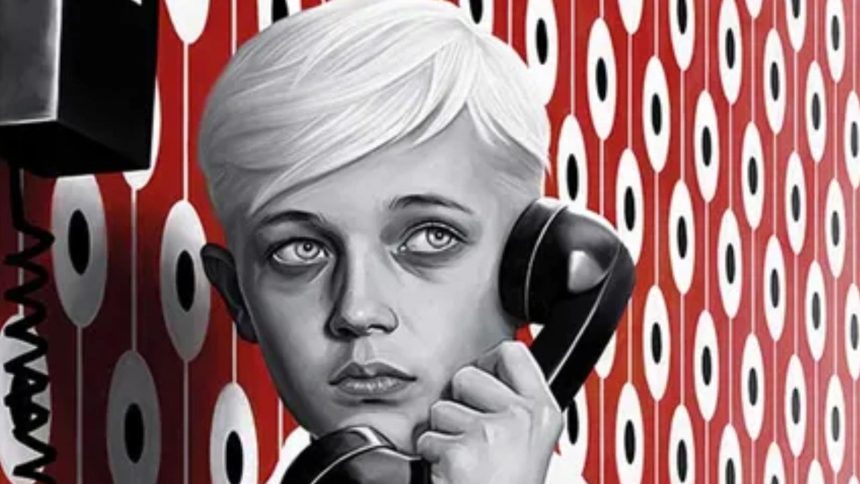Robert Harris’s Fatherland, a chilling alternate history novel published in 1992, continues to resonate powerfully over three decades later. The Folio Society’s new collectible edition, featuring an introduction by Graham Hurley and striking illustrations by Robert Carter, offers a fresh perspective on this masterful work of speculative fiction. Harris’s immersive storytelling transports readers to a terrifyingly plausible 1964, where Nazi Germany won World War II and a frigid Cold War with the United States hangs in the balance. The impending visit of President Joseph P. Kennedy promises a potential thaw in relations, a prospect the Nazi regime is desperate to secure.
Against this backdrop, Kriminalpolizei investigator Xavier March stumbles upon a murder that unravels the carefully constructed facade of the Third Reich. March, a remnant of a bygone era of independent thought, navigates a Kafkaesque society ruled by hypocritical opportunists and enforced by the brutal Gestapo. The discovery of Josef Bühler’s corpse, a prominent figure in the Nazi movement, days before Hitler’s 75th birthday celebrations, sets March on a collision course with the regime’s darkest secrets. Partnering with American journalist Charlotte Maguire, March delves into the heart of the Nazi empire’s lies, ultimately uncovering the horrifying truth about the fate of Europe’s Jewish population.
Carter’s illustrations, rendered in the stark colors of the Nazi swastika – red, white, and black – evoke a chillingly distorted reflection of 1960s pop art. The illustrations perfectly capture the oppressive atmosphere of a society where artistic expression is brutally sanitized to conform to the Reich’s draconian standards. The stark color palette and bold style create an unsettling visual landscape that complements the novel’s themes of control and conformity. The single splash of color, Charlotte’s blue raincoat, serves as a subtle reminder of the world beyond the Reich’s suffocating grasp.
Fatherland stands as a landmark achievement in the alternate history genre, seamlessly blending fact and fiction into a gripping neo-noir conspiracy thriller. Harris’s masterful storytelling builds upon the foundation laid by Philip K. Dick’s The Man in the High Castle, exploring the ramifications of an Axis victory in World War II with chilling realism. It also paved the way for subsequent works in the genre, such as Michael Chabon’s The Yiddish Policemen’s Union and Francis Spufford’s Cahokia Jazz. Harris’s exploration of this counterfactual history is both thought-provoking and disturbingly plausible, raising questions about the fragility of historical narratives and the potential for darkness to triumph.
The Folio Society edition serves as a fitting tribute to the enduring power of Fatherland. The book’s enduring appeal lies in its ability to transport readers to a world both familiar and utterly alien, forcing them to confront the terrifying consequences of a different historical trajectory. The narrative’s tight pacing and intricate plotting maintain a relentless grip on the reader’s attention, while the underlying moral questions linger long after the final page is turned. It’s a testament to Harris’s skill that he can make readers care deeply about characters trapped in a world they know should never have existed.
Harris’s exploration of a world where the Nazis triumphed forces readers to consider the chilling question: "Was history changed so easily?" This question, posed by March in a moment of self-reflection, underscores the book’s larger themes of contingency and the fragility of historical narratives. Fatherland is not just a thrilling piece of speculative fiction; it’s a cautionary tale about the dangers of unchecked power and the importance of confronting the darkest chapters of human history. The Folio Society edition, with its meticulous design and insightful introduction, provides a renewed opportunity to engage with this important and unsettling work.



